Creatine Nitrate vs Monohydrate: Stick With Only One
Author:
Unlock your full potential by engaging with our experts and community! Have questions about your fitness journey or looking for expert advice on weightlifting techniques? Don’t hesitate — leave a comment below and Jacek Szymanowski will provide a personalized answer and insights to help you reach your goals.
Torokhtiy is reader-supported. Some links are affiliate links, and we may earn a commission at no extra cost to you. See our disclosure page for details.
Creatine is one of the most popular dietary supplements used to improve endurance. Now, there are different types of creatine, each with different benefits, pros, and cons. But, how do you know which is the best type for you? In this article, we are going to go over creatine nitrate vs. monohydrate. Learn more about each supplement’s pros, cons, and differences.
The difference between creatine nitrate vs. monohydrate is its structure. Creatine nitrate has a nitrate group attached to creatine, creatine monohydrate has a water molecule. This makes creatine nitrate slightly more soluble. Still, creatine monohydrate is highly soluble, and has more scientific evidence to back up its claims.
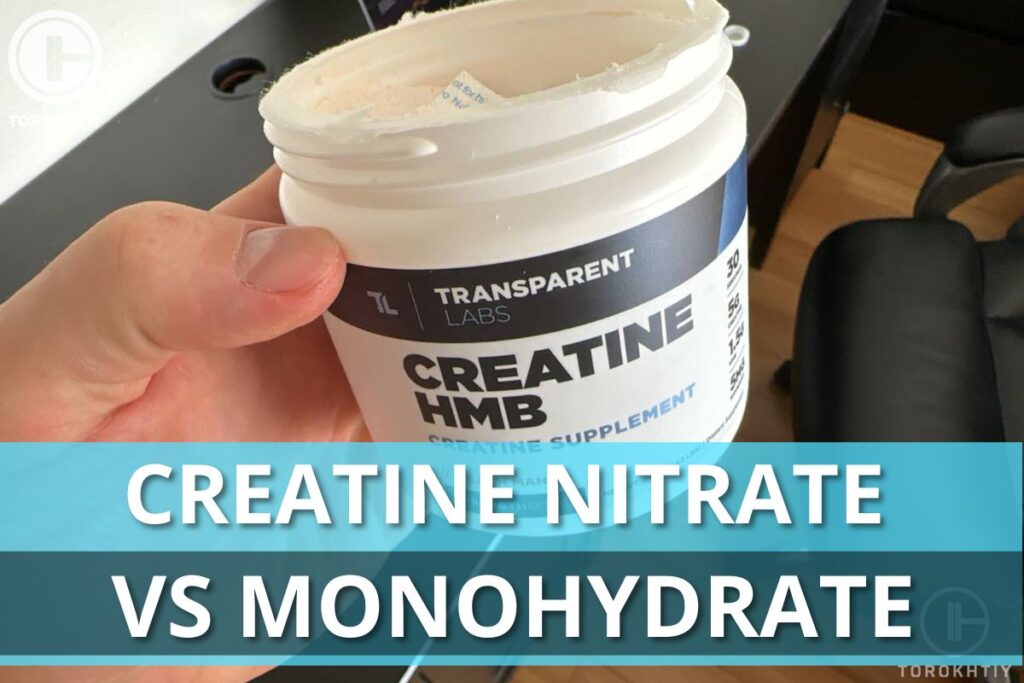
What Is Creatine Nitrate?
Creatine nitrate is a form of creatine that has a nitrate group attached. It is the newest source of creatine found on the market. While it has the same benefits as creatine monohydrate, it seems that it might have a bit higher solubility compared to monohydrate.
Just like other creatine supplements, creatine nitrate might help increase energy levels, boost performance, improve aerobic capacity, and improve muscle growth.
One of the “advantages” of creatine nitrate is that it can possibly increase nitric oxide. Nitric oxide acts as a vasodilator, meaning it can widen the blood vessels to provide more oxygen and nutrients to essential organs.
However, currently, there are not many studies stating the benefits of creatine nitrate.
What Is Creatine Monohydrate?
Creatine monohydrate is the most common source of creatine. It is the one with the most scientific evidence to support its claims on improving exercise performance.
What makes creatine monohydrate different is that it contains one water molecule attached, which helps increase its solubility. It has the same benefits as the ones mentioned in creatine nitrate, which are to improve performance, aerobic capacity, and muscle growth.
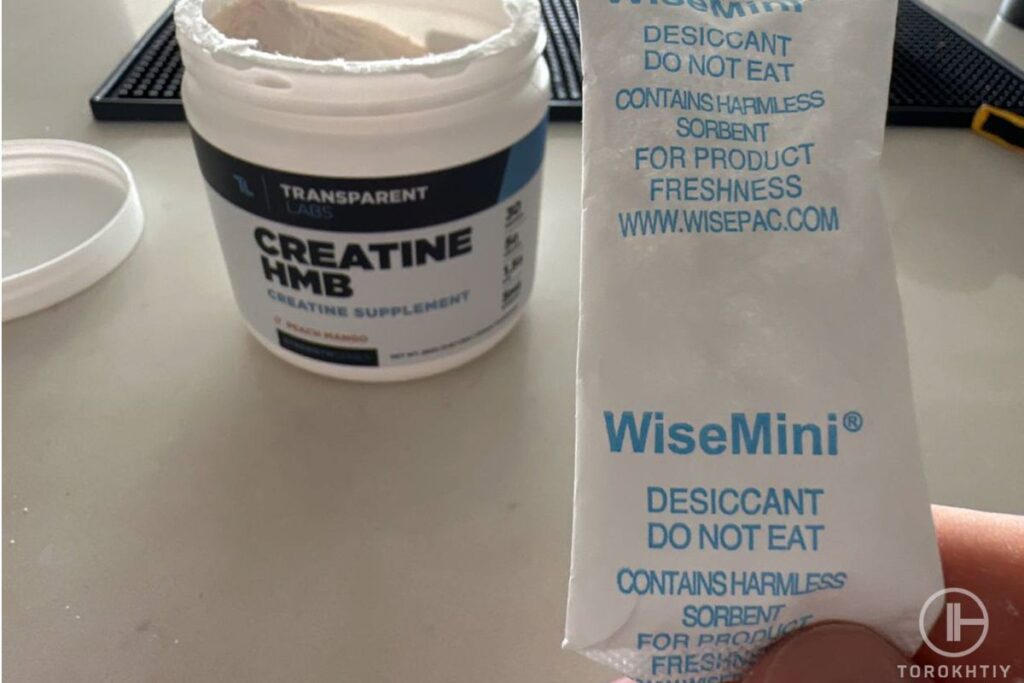
Creatine Nitrate vs Monohydrate
While the benefits of creatine monohydrate and nitrate are the same. There are some differences you need to be aware of.
Here, we’ll compare creatine monohydrate vs. creatine nitrate side-by-side so you know the main differences between them.
| Feature | Molecular structure | Solubility | Scientific evidence | Dosage |
|---|---|---|---|---|
| Creatine Nitrate | Creatine + nitrate | High | Low | 3-5 grams |
| Creatine Monohydrate | Creatine + water | *Moderate | High | 3-5 grams |
1. Molecular Structure
The first difference between them is their molecular structure. While creatine nitrate has a nitrate group attached, creatine monohydrate has a water molecule attached. Even though this might be a slight difference, it affects the solubility a bit and other particular benefits of each supplement.
2. Solubility
Creatine nitrate might be more soluble than creatine monohydrate. Now, keep in mind that the solubility doesn’t affect the product’s bioavailability. They are both highly bioavailable. In fact, research shows that creatine monohydrate’s bioavailability is almost 100%.
*If you are having trouble dissolving your creatine supplement, you can dissolve it in slightly warm water or orange juice. This can significantly improve its solubility.
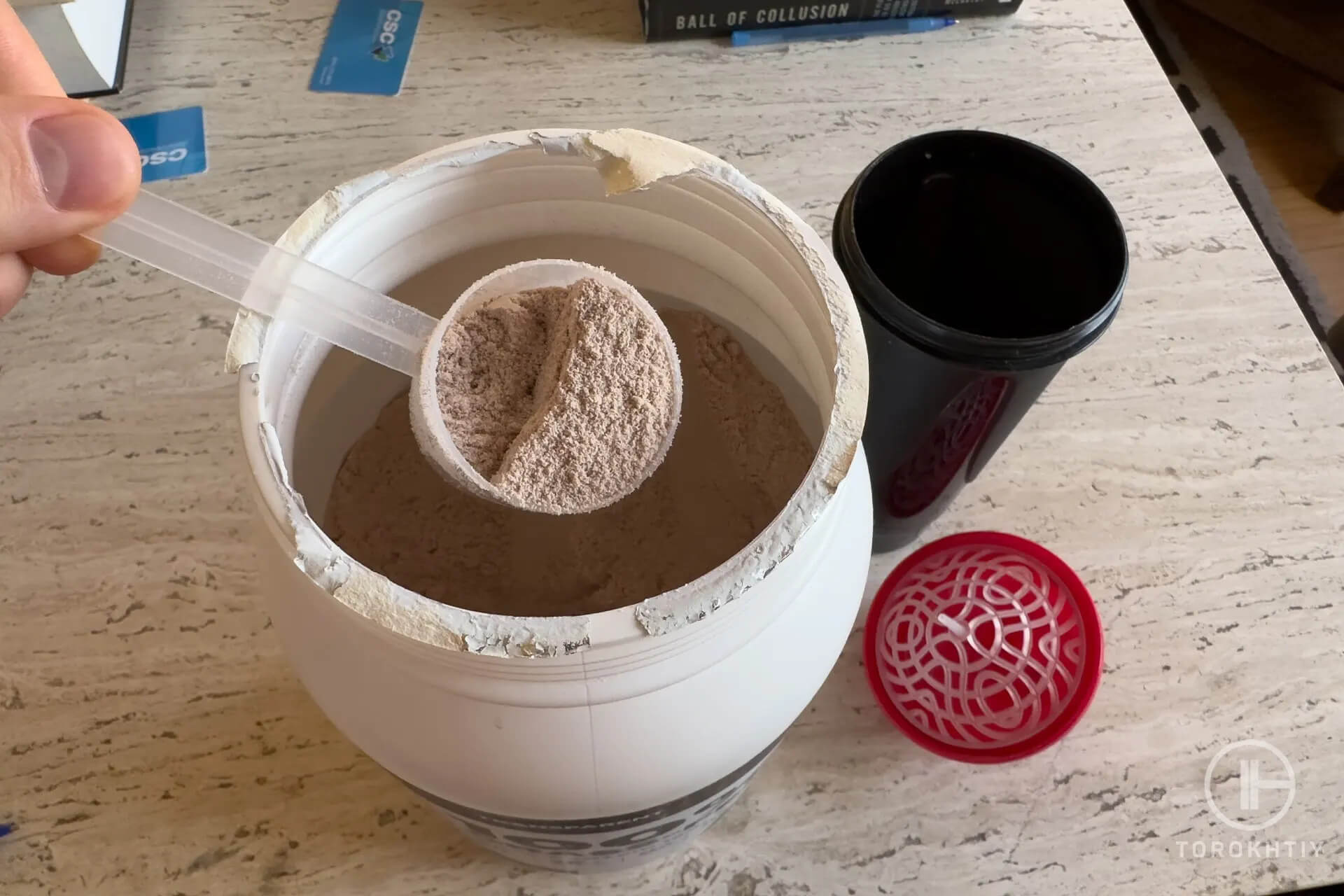
3. Scientific Evidence
Another major difference between creatine nitrate and creatine monohydrate is the current scientific evidence available.
Creatine monohydrate has more research supporting its claims than creatine nitrate. And, apparently, the FDA only approves a lower dose of creatine nitrate compared to creatine monohydrate.
4. Dosage
Finally, the dosage for each supplement is somehow thought (mostly by manufacturers and probably for safety reasons) to be different – lower. But all evidence suggests it should be similar/same to monohydrate. Suggested dosage for creatine nitrate lower than 3g usually won’t be enough and might not produce the intended benefits – at the same time there is not enough long-term studies about Creatine Nitrate supplementation.
However, creatine monohydrate can range from 3 to 20 grams of creatine (0.3 grams of creatine per kilogram of body weight for a loading phase and 0.03g/kg/day for a maintenance dose). The amount depends on body weight and whether you do a loading phase (or not).
creatine dosage calculator
Loading Phase:
Maintenance Phase:
For example, a normal phase asks you to consume the same amount of creatine for several days (at least 30). However, if you want to get faster results, a loading phase means consuming 15-20 grams of creatine for 7 days and then dropping to 3-5 grams of creatine daily.
Keep in mind that the doses might vary between each person. When in doubt, ask a health professional for guidance.

Creatine Nitrate vs Monohydrate: Summary
Pros And Cons Of Creatine Nitrate
Positives:
Could be better:
Pros And Cons Of Creatine Monohydrate
Positives:
Could be better:
Creatine Nitrate vs Monohydrate: When To Use Each
There is no difference between creatine nitrate and monohydrate when it comes to the timing of both supplements. There is no best time to take creatine. It works through consistency and accumulation.
While some people say that it’s best to take creatine after a workout. In the end, the best time is when you remember to take it, whether it is in the morning, afternoon, or evening.
To remember to take it, we recommend doing habit stacking. This is when you link a new habit with an old habit you already have. For example, after finishing my breakfast, I will take a scoop of creatine.
The Creatine Supplement We Recommend
Creatine Monohydrate: Transparent Labs Creatine HMB
- Form: Powder
- Type: Monohydrate
- Other Ingredients: HMB, Vitamin D
- Price per Serving (for 5 g): ~$1.35
- Servings per Container (for 5 g): 30 or 60 servings
- Company Founded: 2015
- Recommended by Athletes: Hafþór Júlíus Björnsson, Pat Li, PAULINA
Since creatine nitrate doesn’t have a lot of scientific evidence, especially long-term, we don’t recommend you take it. Instead, we recommend you take creatine monohydrate.
When it comes to selecting the best creatine monohydrate supplement, there is no doubt that Transparent Labs Creatine HMB is the best option, in our opinion.
One scoop of this supplement has 5,000 mg of creatine monohydrate, 1,500 of HMB (beta-hydroxy beta-methylbutyrate), and 5 mg of BioPerine®.
Some evidence suggests that the addition of HMB can increase strength, promote better lean muscle mass, and help reduce fat mass (everything along with resistance training) but take it with a grain of salt.
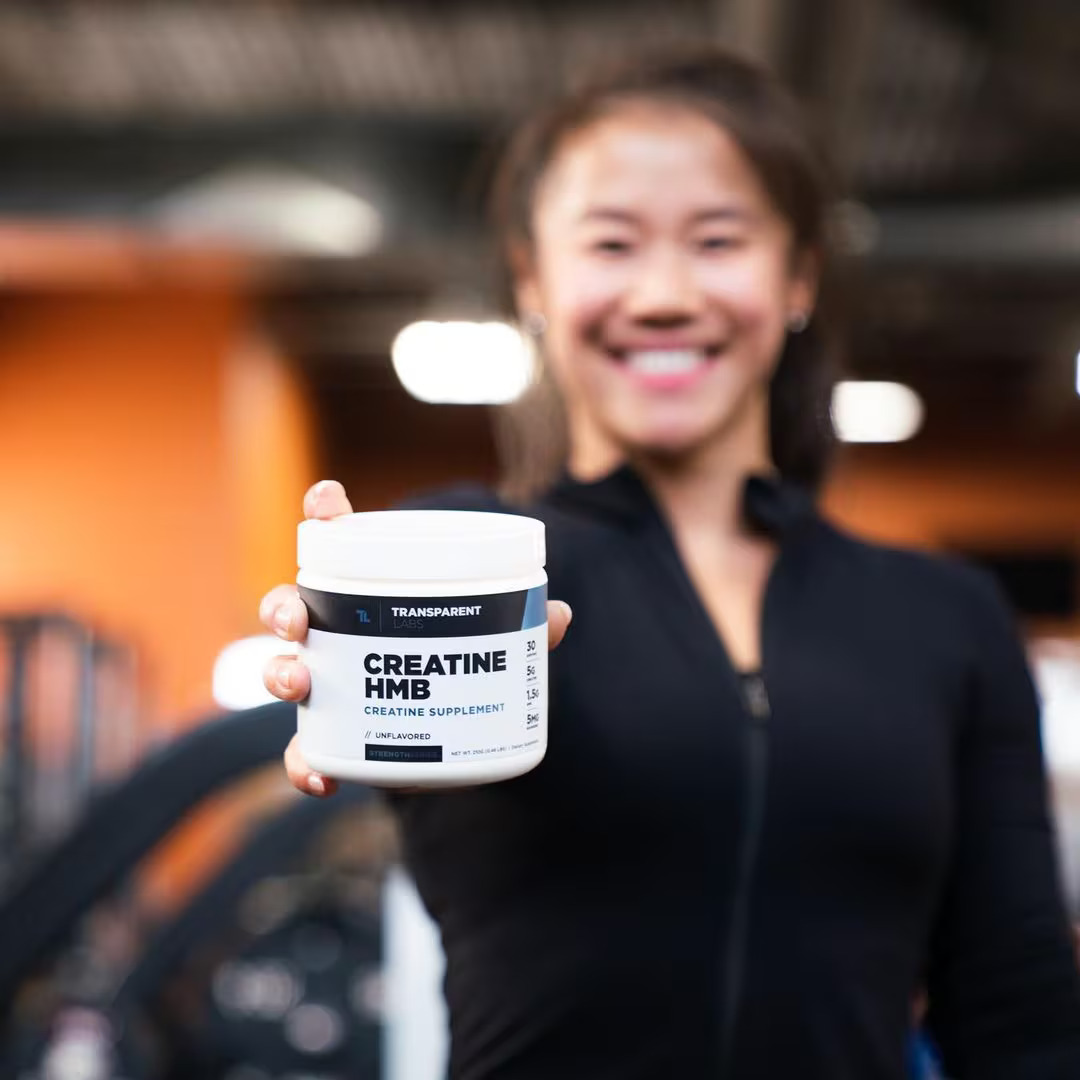
There are several benefits to this supplement. The first one is that it comes in several different flavors. You can find it in blue raspberry, unflavored, sour grape, tropical punch, fruit punch, watermelon, black cherry, orange, Hawaiian splash, peach mango, and strawberry lemonade.
So, you don’t have to drink a boring beverage when taking your creatine supplement. Its delicious flavors can make it easier to remember to take and improve consistency.
The other benefit is that the brand is “Informed Choice” certified. This means that it follows certain guidelines that decrease the risk of banned substances.
FAQ
Is Creatine Nitrate Better Than Monohydrate?
No, the only difference between them is that creatine nitrate is more soluble than creatine monohydrate. However, both have good solubility and the solubility does not change creatine bioavailability. If you need to choose one, creatine monohydrate is still highly soluble, and has more scientific evidence than creatine nitrate.
Does Casein Build More Muscle Than Whey?
No, studies have shown that both supplements appear to have nearly identical performance enhancing effects meaning that neither one is better at building muscle than the other. Because whey has more leucine, it is more directly anabolic. However, simply getting enough protein throughout the day is more important than things like amino acid breakdown.
Is Creatine Nitrate Effective?
Yes, it seems that creatine nitrate might provide the same benefits as other creatine supplements. However, there is still not much scientific evidence stating the safety of creatine nitrate.
Conclusion
So, the question is: should you choose creatine nitrate or creatine monohydrate?
While it seems that both can provide the same benefits taken in right doses, thanks to the creatine molecule, it seems that creatine nitrate is still fairly new. As a result, there is not a lot of scientific evidence out there to determine the pros, cons, or other features like safety of this supplement.
With that being said, it’s better to stick to creatine monohydrate. It has better pricing, more scientific research, and it’s safer than creatine nitrate. Taking creatine can help improve performance and energy supplies and support muscle growth.
Even though creatine nitrate might be more soluble , creatine monohydrate is still highly soluble and the difference does not affect anything else. Both are highly absorbable.
Now, if you are having trouble mixing creatine monohydrate in your favorite drink, try slightly warming it up or mix with orange juice to highly increase its solubility.
Which is your favorite creatine monohydrate supplement? Let us know in the comments.
Also read:
- Why Did Creatine Get So Expensive
- Does Creatine Have a Taste
- How Many Days of Creatine Can You Miss
- Can Creatine Cause Stomach Pain
- Does Creatine Make You Stronger or Just Bigger
- Creatine vs Whey Protein
- Difference Between L Carnitine and Creatine
- Creatine vs Beta Alanine
- Can You Dry Scoop Creatine
- Nitric Oxide Supplements Guide
References:
- Richard B. Kreider, “Bioavailability, Efficacy, Safety, and Regulatory Status of Creatine and Related Compounds” National Library of Medicine, https://www.ncbi.nlm.nih.gov/pmc/articles/PMC8912867/ (accessed 2022 Mar)
- Thomas W Buford, “International Society of Sports Nutrition position stand: creatine supplementation and exercise” National Library of Medicine, https://www.ncbi.nlm.nih.gov/pmc/articles/PMC2048496/ (accessed 2007)
- Richard B. Kreider, “Bioavailability, Efficacy, Safety, and Regulatory Status of Creatine and Related Compounds”, MDPI, https://www.mdpi.com/2072-6643/14/5/1035 (Accessed 2022)
- Jasmine S Thomson, “Effects of nine weeks of beta-hydroxy-beta- methylbutyrate supplementation on strength and body composition in resistance trained men” NCBI, https://pubmed.ncbi.nlm.nih.gov/19387396/ (Accessed 2009 May).
- Photos are made by Torokhtiy Media Team
Why Trust Us?
With over 20 years in Olympic weightlifting, strength training, nutrition coaching, and general fitness our team does its best to provide the audience with ultimate support and meet the needs and requirements of advanced athletes and professional lifters, as well as people who strive to open new opportunities and develop their physical capabilities with us.
By trusting the recommendations of our certified experts in coaching, nutrition, and sports training programming, as well as scientific consultants, and physiotherapists, we provide you with thorough, well-considered, and scientifically proven content. All the information given in the articles concerning workout programming, separate exercises, and athletic performance, in general, is based on verified data.
The product testing process is described in more detail here.
Author: Jacek Szymanowski
Certified Nutritionist,
M.Sc.Eng. Biotechnology
Performance Architect,
Strength and Conditioning Specialist
With over 30 years of fighting experience, specialization in nutrition coaching for athletes, and expertise in metabolic health and dietary strategies, Jacek offers a comprehensive approach to optimizing your performance and well-being. Backed by a Master of Science degree in Biotechnology, Jacek remains at the forefront of scientific advancements, ensuring that his coaching is always evidence-based and up-to-date.



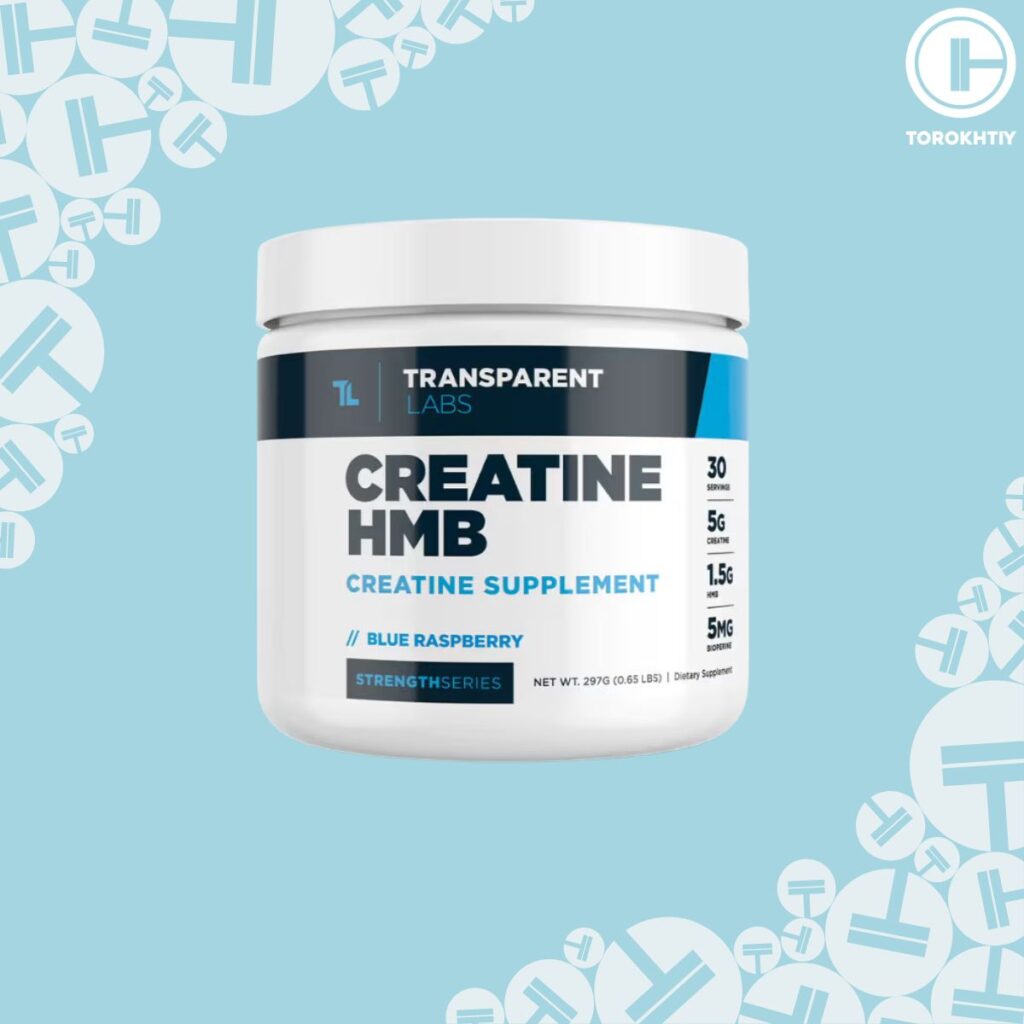
Still have questions after reading our article? Unlock your full potential by engaging with our experts and community! Don’t hesitate — leave a comment below and Jacek Szymanowski will provide a personalized answer and insights to help you reach your goals.